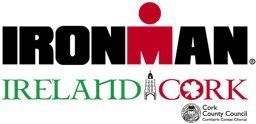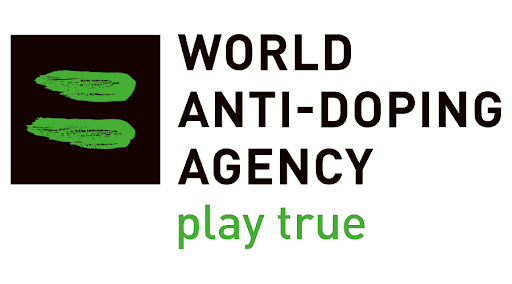Blog Layout
Serotonin & Dopamine - the Modjo hormones!
7 March 2021
Time to top up that Feel Good Mood?
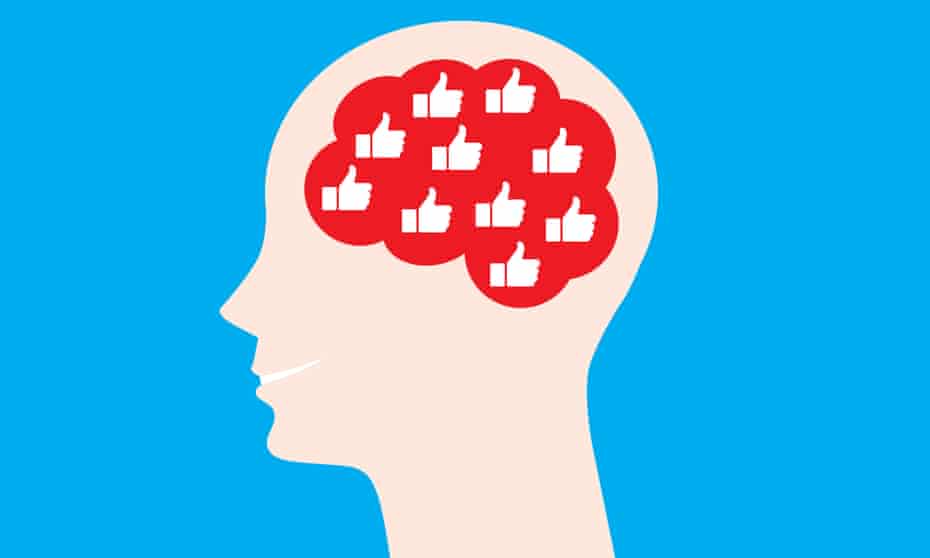
What are they and what do they do?
Serotonin and Dopamine
are neurotransmitters, or in simple terms, naturally occurring hormones that bring a sense of ecstasy or elation in the human body.
However, their roles are far more complex and critical to our health than just making us feel good.
Dopamine:
Dopamine affects how we experience pleasure. When we do something we enjoy like going for a swim, buying a new pair of runners, etc, dopamine activates the pleasure centres in our brain. Nearly all pleasurable experiences — from eating a good meal to having sex — involve the release of dopamine.
That release is part of what makes some things addictive, such as drugs, gambling, shopping or even sport. Experts evaluate the potential of an activity to cause addiction by looking at the speed, intensity, and reliability of the dopamine release it causes in the brain.
It doesn’t take long for a person’s brain to associate certain behaviours or substances with a rush of dopamine and it’s no accident that cocaine is also known as ‘Dope’, concreting its relationship with how it affects our brains.
Over time, a person’s dopamine system may be less reactive to the substance or activity that used to cause a big rush, in other words, you might need to get more of a trigger to achieve the same effects that a smaller amount used to provide.
Dopamine is made and stored in our brain and its effect can be short-term, lasting from just a few minutes to say, a few hours…you know the high you feel after a good session…the feeling that you can’t wait for the next one, sometimes called the ‘Runner’s High’.
It’s common for people with depression to have low levels of dopamine. If you are depressed it’s often difficult to motivate yourself to do things. You probably also have trouble experiencing pleasure even when doing activities you used to love.
Serotonin:
Serotonin is another type of neurotransmitter. It plays a role in digestion, sexual function, blood clotting, regulation of emotion and bone density - which is also linked to calcium and Vitamin D.
When you have the right amount of serotonin in your body it’s easier to have stable moods and a sense of well-being.
In contrast to dopamine, the positive feelings brought about by serotonin can last for days and because it is made by exposure to sunlight (just like vit D) it accounts for the good mood induced by a spell of good weather, linked back to feeling depressed in winter or prolonged periods of bad weather and poor diet.
Your gut contains around 95% of your body’s serotonin. It’s released when food enters the small intestine, where it helps to stimulate contractions that push food through your intestines.
Your gut releases extra serotonin when you eat something containing harmful bacteria or an allergen (any substance that causes an allergic reaction). This extra serotonin makes the contractions in your gut move faster to get rid of the harmful food, usually through vomiting or diarrhoea.
Low serotonin in your gut, on the other hand, is associated with constipation.
Dopamine and Serotonin Together:
While dopamine and serotonin affect many of the same things, they do so in slightly different ways.
Research has found that serotonin-based medications can help treat several gastrointestinal conditions, such as IBS or other causes of nausea and vomiting.
Sleep:
Your sleep-wake cycle is regulated by a small gland in the brain called the pineal gland. This gland receives and interprets light and darkness signals from the eyes.
Chemical messengers translate these signals into the production of melatonin, a hormone that makes you feel sleepy.
Sleep deprivation decreases the availability of certain types of dopamine receptors. With fewer receptors, dopamine doesn’t have anywhere to attach. As a result, it’s harder to stay awake.
Serotonin’s role in regulating the sleep-wake cycle is complex. While it helps in maintaining sleep, it can also prevent you from falling asleep.
Where am I going with this?
We’ve come through a long winter that included a lockdown. We’ve been indoors doing cycling, sometimes running, a fair bit of functional training, and most amazingly of all, replicating swimming.
Indoors, dark, lack of sunlight and just plain old fresh air will mean that many of us must be suffering the effects fo low levels of both these hormones.
If you’re struggling to stay focussed or even find the motivation to train properly at the moment, you probably don’t need to look much further.
So, the solution!
Exercise:
Getting the heart-rate up through exercise is key to triggering the release of tryptophan which aids in how the brain sees and reacts to these hormones. If you’re a triathlete on a busy training plan then you’re sorted in this regard…provided you are sticking to the script!
Bright Light:
Research has shown how exposure to light can affect mood and in the short-term sleep quality. Apart from abandoning bright lights and screens an hour before bedtime to ensure a good night’s sleep….sunlight is a key ingredient to a healthy life.
Serotonin and dopamine are known to be triggered by direct sunlight on our skin, in addition to the ability of our bodies to make Vit D (supporting strong immune system and avoiding osteoporosis) we need to get about 20 minutes bare skin exposure daily.
Between September and March the sun is too low in the sky to be effective and Seasonal Affective Disorder (SAD) is a known direct consequence.
Sports Massage:
There are numerous positive effects from having a good sports massage. It’s a proven benefit that serotonin and dopamine levels spike in the bloodstream following a good rub out - another justification to treat yourself one a month to a routine visit to the physio. Your rest and recovery week is the best time but any hint of a niggle or an ache at any stage should get you on the plinth.
Food & Diet:
A healthy balanced diet, with the right mix of proteins from white meat and nuts, will equip your body with the building blocks of these hormones - the ability to make them in the amounts required.
Supplements can be considered as a last resort but perhaps under medical supervision.
Share
Tweet
Share
Mail
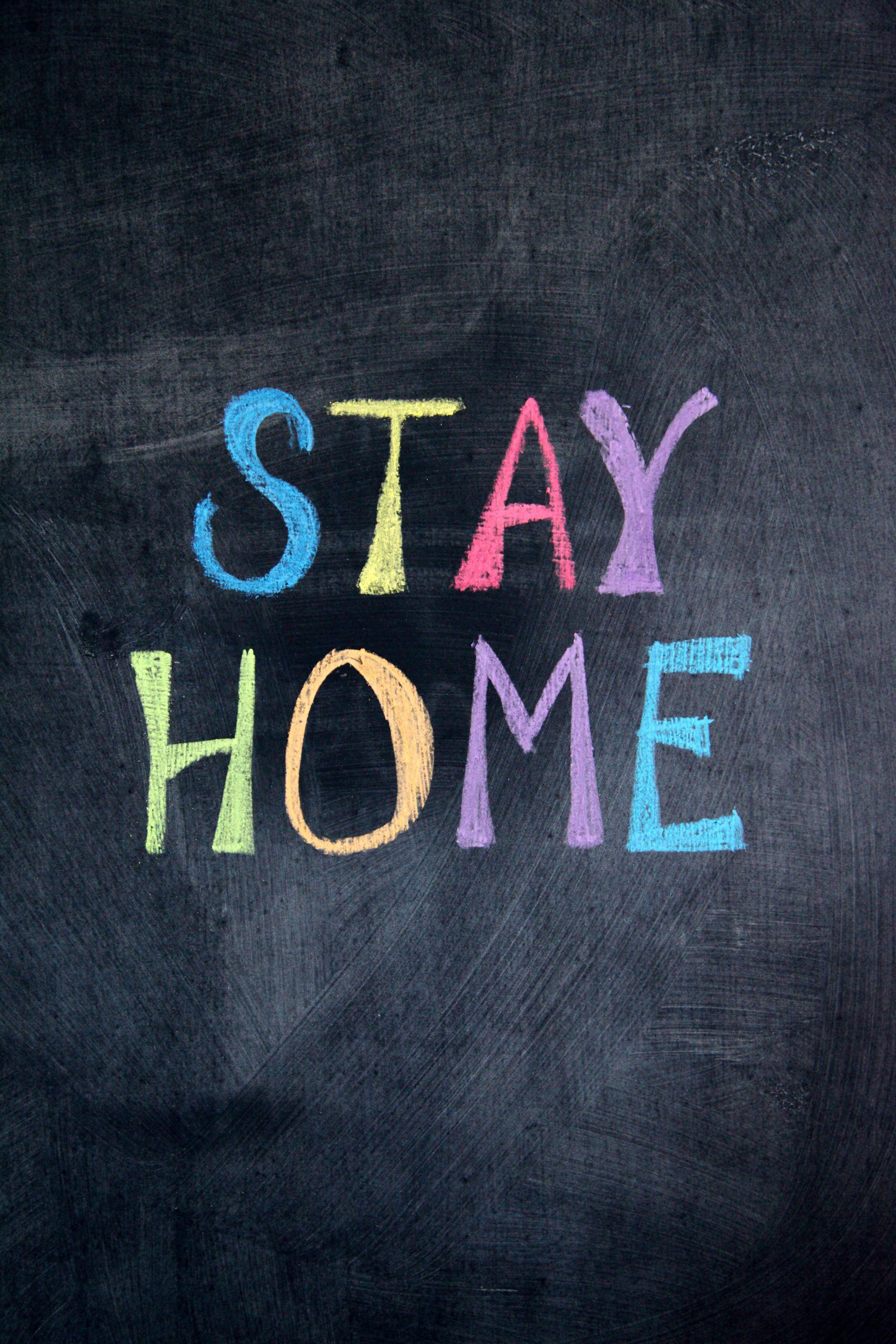
by JI
•
21 January 2021
Yes! It's Hard! A new year and by now we would all love to be out in the air, training in groups on long runs and rides and hitting the pool in the evenings to prepare for what would normally be a jam-packed calendar of events. Unfortunately the reality is the opposite. We find ourselves confined to our homes and essential workplaces, with a limit on outdoor training to a 5K radius, solo and doubt surrounding the events that will or will not go ahead in the coming season. I suppose the light at the end of the tunnel comes in the form of vaccines - a new one being announced nearly each week. Credit to the health services who are working hard to get these into our arms and I for one would hope that by the time summer arrives we'll be living something that closer-resembes a normal life. Many athletes will be just doing enough to keep their fitness simmering at the moment, while others are getting up to full speed ahead in their pursuit of life-changing goals such as an IRONMAN or 70.3. I salute you all and would propose that the fruits will be all the sweeter given the added challenges offered by training through the current restrictions. Here at iTriCoaching what I'm doing with clients preparing for summer challenges looks like this... Swim Training: With pools closed, and any open-water training futile due to temperatures for most, I've pruned out the squad's weekly swim sessions and substituted them with my own series of home-based 'Swim Mimic' sessions. The athletes have learnt to use resistance bands, chairs and door handles to replicate pool conditions while strength and mobility are also addressed through added drills that focus on preparing them for when we eventually do get back in the water. Bike: On the bike we have learnt to cope with lockdown by finding loops within our 5K radius that allow us hit a good hill reps or intervals session but have tapped into technology to cope with two of our three weekly sessions. On Tuesday evenings we do a coached 1-hr session via zoom, using Rouvy Workouts or Zwift to tap into the day's Training Peaks interval session. From speed to power this session has everything and is better than any outdoor session as it's done to the specific planned parameters. Saturday would normally be a long outdoor ride, complete with coffee and sticky bun stop. During lockdown we hate the indoor trainer but have managed to take away the pain by using Rouvy to facilitate a virtual ride of the local IRONMAN route every Sat morning at 8:30. (While Windmill Hill is within the 5K radius for many of the local squaddies it's way more reassuring to hit it virtually at the end of 90K, safe in the knowledge that any failure will go unseen by others or the public!) iTriCoaching have client discounts for Rouvy that mean it costs less than €10 a month after the free trial ends. Run: A 5K radius from home means that you could potentially run 20K in a single session - a distance that rarely features in the winter-spring phases on any plan. Many are hitting their sessions, hills'n'all, with no issue other than the pain of being alone. It doesn't end there... Functional Training (formerly known as Strength & Conditioning) would usually now be done in the gym using all the machines and equipment to build a solid core and target each athlete's weaknesses with a specific battery of exercises and lifts aimed at making everyone more efficient in their swim, bike and runs. With gyms closed it obviously poses a difficulty but we're not dead in the water. Some will have a few bits at home, resistance bands, a couple of hand weights and others have home gyms or access to gyms at work. Each client has a Functional Training set of sessions that currently make up over 30% of their weekly programmes, with the goal of making the most of the time we can't spend together in the gym and at the same time maximising what CAN be done. It's amazing what you can do with an old inner-tube from your bike! Water bottles full of sand make decent dumbbells and everyone has a foam roller that can be a great piece of kit to have around the house - pandemic or not. Training through a lockdown isn't easy - it means that we need to think outside the box and get creative but in some ways it's fun. Whatever your goal race later this year any training you manage now will benefit you and I believe will make your crossing the finish line all the sweeter as a result of the challenges that you met and overcame in training. Races and Events for 2021: The TI National Series is back, there's a new Youths National Series(YNS) this year for the 11-17 year olds and there are tons of local events that will surely go ahead, including the brand new Tough Runner Cork Standard Triathlon on 19th June here in Youghal and Moby Dick is back in September as a NS event but also part of the new TI YNS. As a result of the pandemic in 2020, TI policy is to encourage a greater number of smaller events in 2021 (ie. More events with fewer competitors) in the event that restrictions will continue to apply to participation as we emerge from the pandemic. IRONMAN? Planning is full-on and the events sold out months ago so training should also be full-on in so far as we can work through the current difficulties. The new August dates will give the most sceptical more confidence that we'll go ahead and will mean we have a whole summer of open-water swim training and bike route access to prepare adequately for a memorable weekend. The Medium-term: Once lockdown is lifted, hopefully in the next 4-6 weeks, and facilities begin to re-open, we should at the very least be able to re-start outdoor run training sessions on tracks, fields and roads. Group bike rides may be limited in size but multiples of these small groups, based on ability, can certainly get rolling at the weekends. It shouldn't be too long before we can privately hire pool and gym time and get down to proper targeted Functional Training in the weights room and video analysis and correction of individual's swim strokes in the pool - in plenty time for a busy summer. Longer Term: Probably coinciding with the onset of spring and summer we should hopefully see things return to normal - we'll be able to get outdoors a bit more at the very least. For now we must play the hand we've been dealt - improvise, adapt and overcome. Whatever your goal for the year ahead, a coach in your corner will get the most from you and ensure it's done safely and within guidelines. Stay Safe, Train Sensibly, and hopefully I'll see you soon - on a socially distanced start line somewhere!
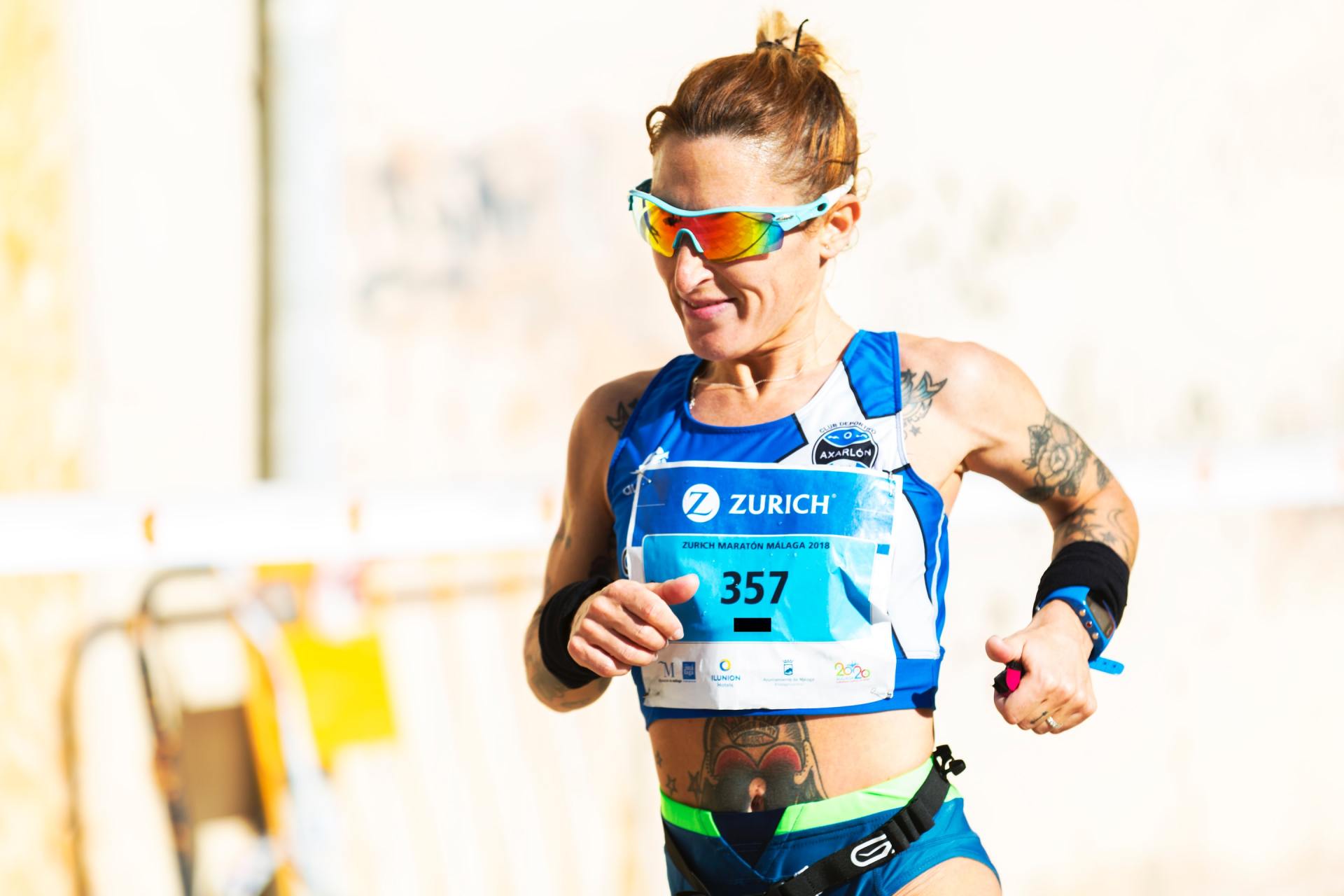
by JI
•
14 December 2020
It's often pushed out there in recent years that if you want to get fit and healthy then you should just get out and run . As January looms large and the New Year's Resolution season sees our gyms and sports club subscriptions sky-rocketing under normal conditions, it's worth looking at this question a bit more scientifically for the converted athletes who want to move their fitness to new levels like doing triathlons for example. While at its simplest it's true and well-intentioned, the idea that you can just pull on a pair of runners and hit the pavements to train seriously for any sport is little more than a good tagline. Take a look at the picture above. On the left is a toddler squatting down to get close and personal with nature while on the right is an adult somewhat poorly attempting to make the exact same movement for a pre-sport screening. The differences are obvious, the toddler's feet are flat on the floor providing a stable platform to support him, bum is all the way to his heels and his torso is both parallel with his lower legs and comfortably parked on top of his thighs. On the right, the adult version is somewhat less pleasing to the eye. What's more, the toddler can do this movement effortlessly and without even thinking about it - the adult on the other hand, has to struggle to achieve anything even close to resembling a squat and with a lot of mental cueing and muscular engagement. Few adults can get their thighs parallel to the floor, let alone touching their calves. So - How did we as a race come to this and what are the implications for participation in sport? As children we are more flexible and naturally able to move almost limitlessly through various planes. Years spent moving from bed to couch to chair to car to office, and back in the evenings, has cost us our flexibility, mobility and simply our ability to move! Turning to sport later in life this can have few negative consequences initially as volume and intensity remain relatively low but as soon as your sport of choice takes hold, or you change from one sport to another very different discipline the inability to move properly will mean that first of all you will be limited in your ability to excel at that sport but it also makes you much more susceptible to picking up niggles and injuries. Who among us hasn't had a sore knee after a run at some point? Who hasn't had back pain after a cycle? Shoulder pain after a swim? It all goes back to basic Functional Mobility . The ability to move well through the basic building blocks of sport, exercise and just living. Walking, Running, Jumping, Stopping, Turning and just basic Balance are all fundamental movement skills that we are born with but they offer us adults a challenge in most cases. The news is even worse because it seems that we lose our basic movement skills by the age of just 10 . Recent studies have shown that 25% of Irish primary school children CANNOT RUN PROPERLY AND 9 out of 10 adolescents struggle to complete a basic set of movement tests - few can even touch their toes! All of this means that we are more susceptible to picking up injuries, even when doing basic life tasks. We are at risk of becoming overweight and even obese which brings even greater risks such as diabetes, fatty liver disease, high cholesterol and heart trouble. Yes it's true that just by simply taking to walking or running we can begin to improve our quality of life. We can reduce health risks but for anyone hoping to take up a specific sport and do well in it, we need to address our inability to move properly before we even dream of specialising and training the specific drills of our chosen sport. To apply this theory to Triathlon... 1. How many of you could swing your arms behind your back, one overhead and the other up your back, to touch thumbs together behind your shoulders? How then can you expect to swim many kilometres each year and not experience shoulder pain? 2. How many of you can touch your toes while keeping your legs straight? How then can you expect to sit bent-over on a bike for hours and hours without lower back pain or stiffness? 3. Can you squat to touch your bum on your heels like the child above? Can you lie on your back and raise a single straight leg to the vertical or directly above your hip? How then can you expect to run properly for the thousands of kilometres each year required to train for your sport? Functional Training: Until very recently Strength and Conditioning was the activity of choice peddled by coaches, trainers and more sports magazines than I care to count, as a means of meeting the strength requirements of loading up an athlete to efficiently and effectively succeed. Instead we cheat by using power to push past the natural limitations that result from our sedentary lifestyles...it's a bit like when your car gets stuck in the mud or snow...what do you do? - you press the accelerator to push harder and hope for the best! It NEVER works! In simple terms you you need to be able to move well before you move often - common sense really? We've all seen the magazine pictures of athletes squatting in the gym with a barbell on their shoulders. While it's one of the best exercises to train many of the muscles and joints used in running and cycling, there's little point in throwing 40Kg of weight on top of a rubbish squat! 'Functional Training' will be the new buzz-word in 2021- and rightly so! Yes, squatting will make you a better runner and cyclist, Yes - a deadlift will build your lower back and hips and Yes - a pull-up will make you a better swimmer but only when you can do a basic free squat with perfect form, touch your toes without grunting, huffing, puffing or bending your knees and only when you can touch your fingers together behind your back effortlessly, will you be ready to start lifting weights in the gym safely and effectively. The good coach of the future will of course help you to swim, bike and run better and better time after time but he/she won't be starting in the pool, bike or track - instead, if they are worth their salt, they will strip your movement patterns back to basics and build from there. Finally, heading to the gym and grabbing dumbbells to do bicep curls is NOT the answer. If you're a body builder looking to bulk and tone then yes but what triathlete needs to be big? Everyone in the gym is there for a reason - they are training to either recover from an injury with a prescribed session from a physio or they are training to get better at their chosen sport...which may include body-building. The point I'm making here is that while exercises may appear similar (in fact 90% of strength exercises are common to ALL sports) the volumes, intensities, frequencies and weights lifted all vary depending on the desired outcome...Your coach will know this and how to make the best use of it to make YOU a better athlete. So Triathletes... We need efficiency, strength in the right places, and the ability to move well before we load up those movement patterns....so is your squat closer to the child on the left or the adult on the right above? See you in the gym!

by JI
•
15 July 2020
As event after event falls victim to the Covid 19 restrictions many of us are seeing our goals disappear week by week and with no real end in sight it seems. Any events that do get off the startline are sold out and this can prompt many athletes to lose motivation and question why do they bother? In these unusual times it can be hard in the first place to stay focussed on training but it can be difficult to know exactly what or how to train properly as we're used to having a short race season and we now find ourselves in a training limbo. While a lot has yet to be learnt about Covid 19 one thing is certain - the stronger, fitter and healthier you are, the better your chances are of fighting the disease if you do contract it - there alone is motivation enough to stay focussed, if just staying fit isn't reason enough! How best to do that? It's at this point that it's time to engage a coach. We are living in unprecedented times and all the magazine articles in the world won't help the many athletes baffled as to what is the correct volume, frequency, mix or intensity of training that's right for them to stay focussed and fit. Firstly, Don't lose focus! Keep regularity to your training, whether you have a goal race in mind or not. For many their goals this year have been postponed to 2021 in the hope that they will go ahead at that stage...we can all only hope and plan as if this will be the case. Don't overdo it! Find a level of fitness that you can sustain and make your training a habit. Join a club or find a circle of friends who train together regularly...let peer presssure do the work for you. The wise athlete is now sitting down for a chat with a coach - someone who can professionally help them re-evaluate their fitness and reset their goals for the future - only then can they together agree a plan - a pathway forward towards those goals and put it into action. If you are one of those athletes whose 'A' Race has been pushed out to 2021 try to take the positives from your situation. You definitely don't need to be doing any race-specific training sessions at this point. You would be best advised to do some testing and gather data on your current state of fitness, identify your weaknesses and find a way of addressing them. The smart athletes are NOW making these changes and putting the extra few months to good use. As triathletes we can never get enough outdoor time on the bike or swimming in open water...it's summer and that's where we should be at the moment! A serious amount of work can be done on laying the foundations for 2021 across all disciplines at the moment - finding and fixing bad habits, building on mobility, flexibility and strength or at the very least just shedding those few extra pounds.... Winter Miles = Summer Smiles and while this may feel like a long dark winter, barren of the events we know and love, engage your coach today, put the time to good use, and you WILL reap the rewards in 2021.
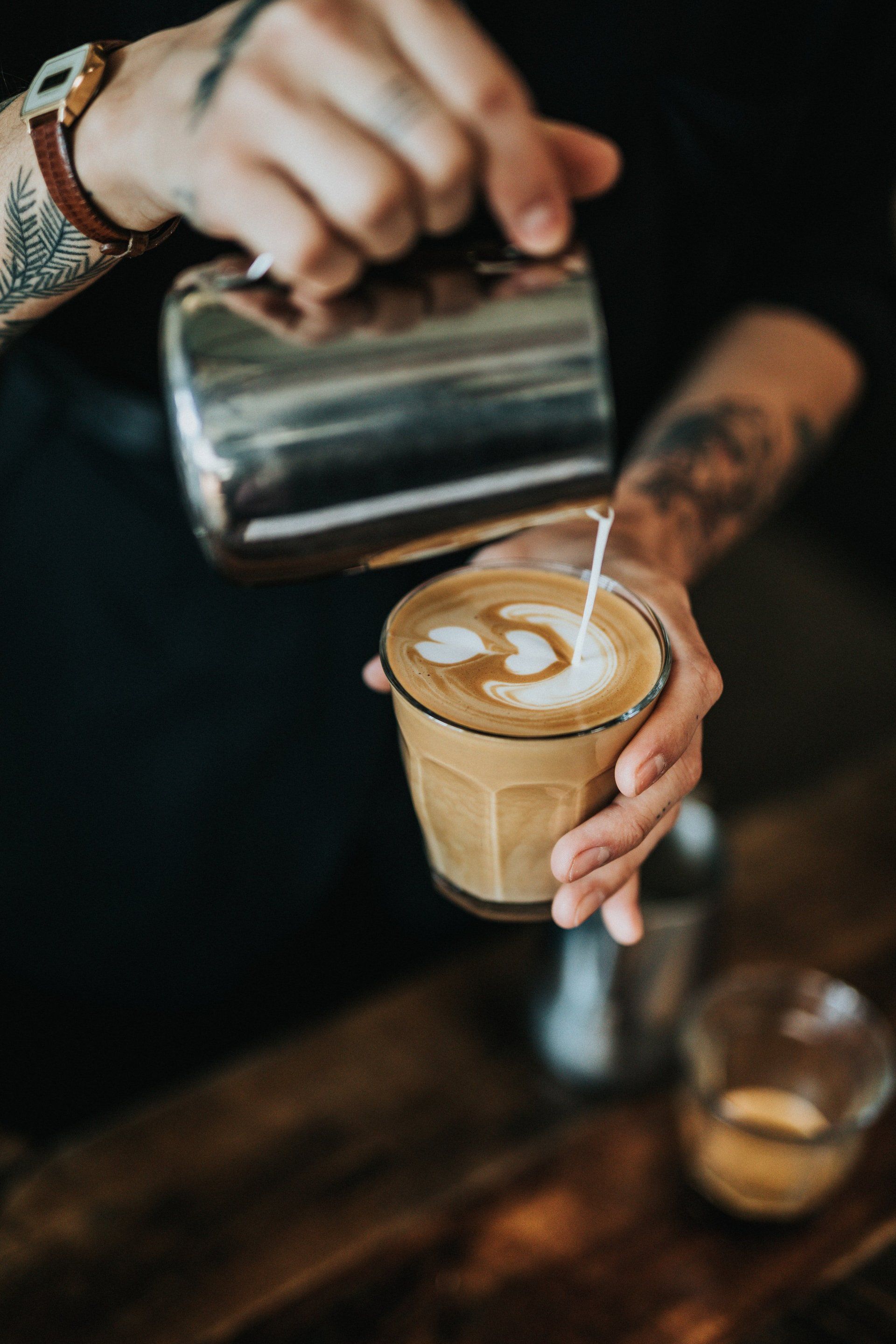
by JI
•
5 June 2020
For years coffee and the coffee-stop have become integral parts of the Long Saturday Cycle in the lives of many cyclists and triathletes and it HAS a really beneficial role to play in their performance....more than one in fact! Firstly, it's widely known that caffeine is a stimulant and in the context of sport it is the ONLY legal stimulant because there are frankly very few of us who don't like a cuppa at some stage throughout our day or working week. Caffeine is favoured by athletes because as well as its stimulant effect, it's also know to mask pain and therefore can allow competitors to push that bit harder for longer and capitalise on the the associated benefits - but how does it work? Cortisol is a natural steroid produced by the body in response to stress. Caffeine is know to promote its production at the expense of testosterone - the hormone responsible for muscle and bone mass growth in the longer term. A Diuretic - caffeine has rightly been associated with dehydration and increased visits to the portaloo for No1 & 2 but in the sport context, because athletes tend to take salt tablets which regulate these functions, it's less of an issue. As alluded to above, caffeine crosses the blood-brain barrier and brings increased alertness while at the same time delaying the onset of fatigue....race results improved in one blow. On the downside, the body builds up a tolerance or an immunity to the effects of coffee following prolonged use which dull the above-mentioned positive effects but there's a solution...Tapering for your A-Race means that the coffee intake has to tapered too! By simply abstaining for between 7 to 14 days pre your big event and then returning to it on race morning, or as close as you dare, the ideal amount involves some trial and error to find what's right for each individual. The guideline dose is 6mg/Kg of your body weight. (...a 70Kg athlete would be taking 420mg as their pre-race dose - this equates to about 2 espresso shots) Like all things nutrition, the golden rule of trying nothing new on race day holds true. To this end I definitely recommend using caffeine but you need to play around with it in training and at some of your B-races to find the strategy that works for YOU.
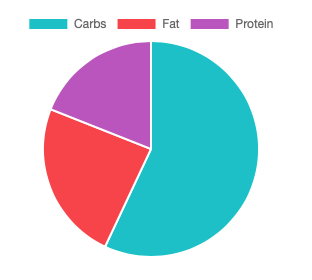
by JI
•
27 May 2020
As we have all stayed home and off the roads, gyms and water in the last few weeks it's worth taking a look at how our diet and the weighing scales are getting on together. Now is a good time to take a snapshot and see where each of us stands. Of course in the lockdown lifestyle it won't be pretty - reduced training and all 258 snacks each day - but as things start to open up now's the time to rein it in and get back on track. I usually look for my clients to do a food diary around every six weeks when things are normal, normal they are not at the moment but not to worry, we can still try to keep on top of things. Ignore what the scales say for a start - it's Body Composition that matters and nowadays while a coach can measure this for you there are scales and a world of tech that can provide enough data to work with. Body Fat vs Lean Muscle mass is what we're after, and while it might have drifted a bit off script recently fear-not...short-term losses are easily recovered. What I usually do is ask clients to do a food diary for 1 week and send it to me - but you CAN do a lot of this work yourself so to facilitate this now I want to introduce you to one app that is really easy to use and takes th ehard work out of it all for anyone with any level of knowledge.... MyFitnessPal . https://www.myfitnesspal.com It's a simple app that's very user-friendly and will feed (pardon the pun) to your Garmin and Training Peaks calendars if you want it to. It comes with pre-loaded dropdowns and searchable food lists sorted by meals. It can be setup to tell you all sorts of facts and figures about your diet and habits. It has simple 'Copy Yesterday's Meal' options and remembers and suggests recent entries making data entry a doddle...but best of all - it's FREE! (there IS a Premium version but you don't need it) ...but that's not all...the best just got better. The desktop now provides you with the option of setting goals and delivers a live pie chart (again - no pun!) that shows your breakdown of Carbs, Fat and Protein as you go. It's like a coach over your shoulder and tutting everytime you feel like a cheeky snack. What use is it all? Well, you can stay on top of your daily intakes by being guided by the calorie count. The pie chart will keep you very much aware, at a glance, of how your proportions are going (60/20/20 is about right for the Carb/Fat/Protein ratios unless you're on a specific adaptation plan with other deliberate goals) but what it all boils down to is this.... No one day is a make or break in dietary terms, delays from training effects and that extra bikkie with elevenses today can be offset by a piece of fruit or by doing an extra interval in tomorrow's session.... Instead, I suggest that you base your numbers on a Weekly Total Calorie Intake (...that's why I ask for week-long diaries). So, try to base your daily baseline calorie requirement on 2200 for men and 1900 for the ladies. Then add 300 per swim session, 500 per hour of running and 900 per hour of cycling (the app doesn't do this). A coach can do this far more accurately but this method will get you close enough to see if you have issues that need this level of intervention. At the end of the week total-up what your calorie intake and expenditure was and, quite simply, if you're on target to stay as you are they should be more or less equal. A deficit will mean you're losing weight - the bad news is if that figure is in a surplus...let's just say you need to have a chat with yourself! Finally, o n any weight-loss plan? Losing more than 1Kg (2.2lbs) per week is considered to be excessive so slowly slowly catchy monkey!
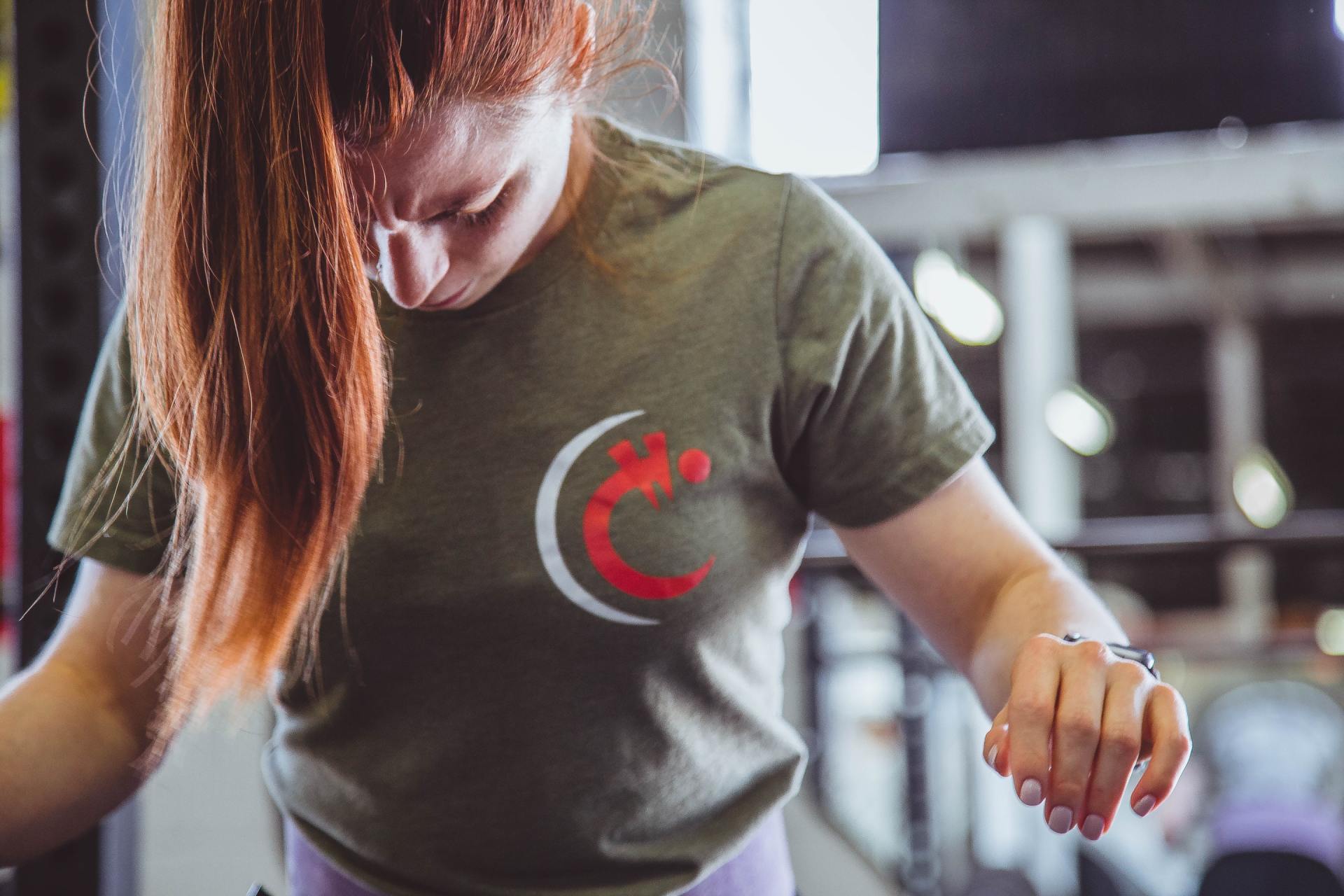
by JI
•
9 May 2020
Attached are some circuits you can try at home to keep your swim muscle-memory sharp and even make some strength gains while you’re at it. At the very least you'll be ready for the return once we get the green light! You probably won’t have medicine balls, cable machines, stability balls, dumb-bells or ankle weights at home but you certainly have the time on your hands to improvise! A medicine ball can be improvised by acquiring an old soccer ball and filling with sand, flour, sugar etc. Some duct tape to re-seal it and job done! Cable machines can be replicated at home using theraband (from a recent physio visit?) resistance tubing, plain old bungee cords or even a couple of old inner tubes - not ideal but there’s nothing ideal going on at the moment. In the exercises listed with stability balls, the ladies may have an old birthing ball in the attic or you can do most of them over the armrest of a couch, (supermans etc.). Dumb-bells can be cobbled together by filling water bottles with sand (add water for more weight) and finally, ankle weights can easily be made by filling sandwich bags with sand and putting them inside football socks…crude but effective. Finally, there's not a triathlete I know who couldn't benefit from a stronger kick in the water so use this dry-land time to hone it. The Prone Extension shown below is done on the floor but you could elevate the body onto a couch or bench, with your legs overhanging, to get the best results. Get the volume of kicks/minute up before adding weight. How Many? Sets and Reps: Keep it Simple! If you can do all the exercises fairly easily then you're looking at 15-20 reps or 30-40sec durations per exercise. Repeat for 3 circuits and keep moving through with minimum rest between them. (So it’s 3 x 20 of everything with very short recoveries) If you find these exercises too challenging then try 8 - 12 reps and repeat the circuit 5 or 6 times with 1min recoveries between sets. (That’s 6 x 12 with 1min recoveries) No Excuses!
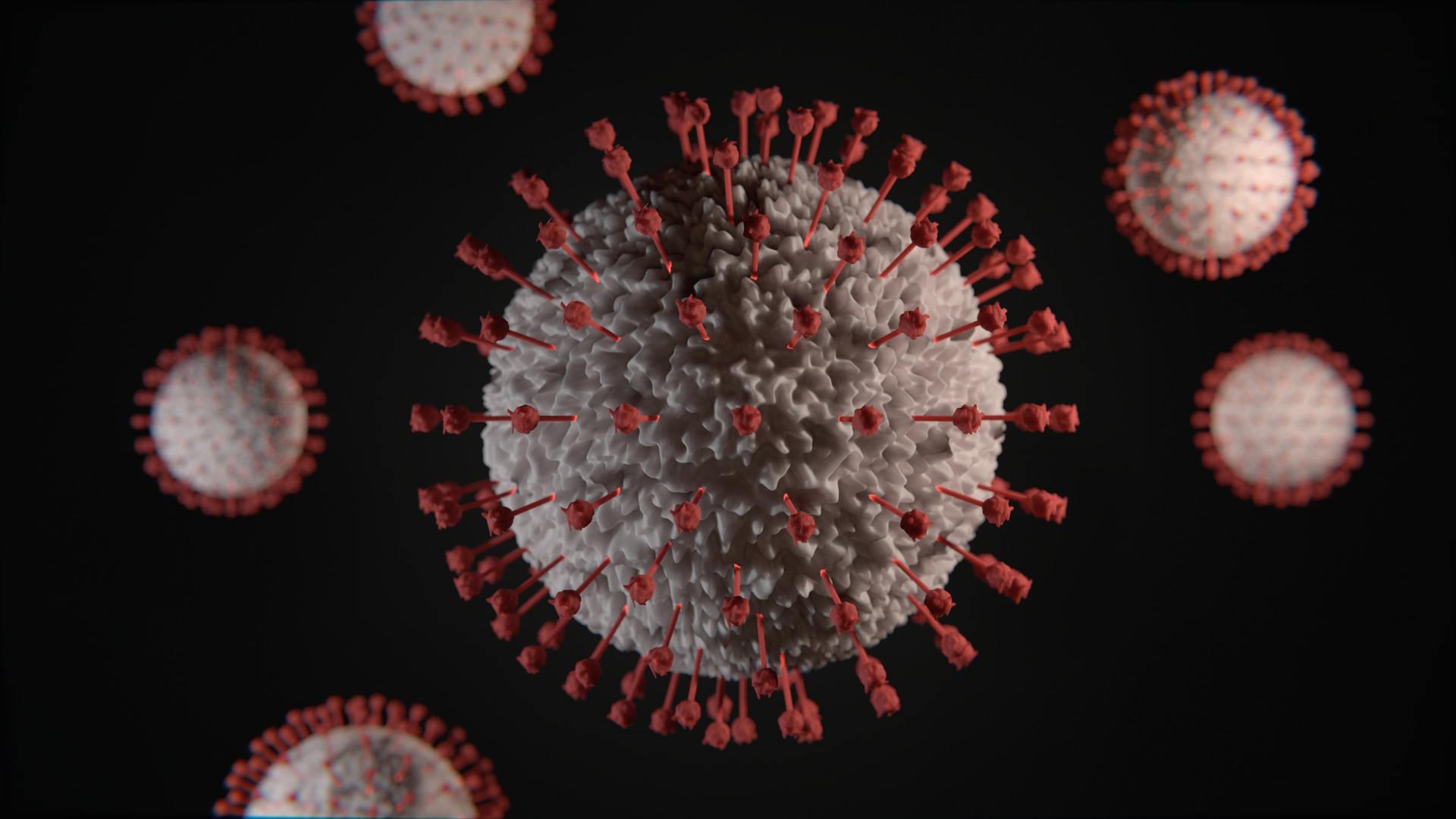
by John I
•
13 March 2020
Best advice currently suggests that limiting gym/pool, public contact and mass gatherings is the best policy. You as athletes can move your training outdoors from gyms or keep it at home on the turbo/treadmill. Avoid gyms and club gatherings (pilates classes etc). Pools have been given advice by the HSE and adhering to their chlorination guidelines seems to ensure safety but you can reduce or limit pool sessions with little loss in swim fitness over a couple of weeks. It's a bit cold yet for open water but that may become an option once the weather warms up in the coming weeks. Online coaching will come into its own in this current crisis, using the technology available to us to get the most from the time and our training. By being cautious we can hopefully avoid and overcome while continuing to train to our full potential as athletes and otherwise healthy individuals. Guidance from Triathlon Ireland in relation to training and events says the following: "IMPACT ON UPCOMING MULTISPORT EVENTS Triathlon Ireland have taken the decision to postpone all events up to and including Sunday, 29 March. We understand that this decision may cause disappointment to licence holders, clubs and race organisers but we are confident that it is in the best interest of the community. This postponement will include all upcoming courses as well as duathlons. The following races will be affected: Predator Triathlon Club Duathlon Tri Lakes Knockma Duathlon West Cork Duathlon Limerick Duathlon Galco Naas Duathlon 3 All registered participants of the affected duathlons have received an email informing them of the postponement. If you are registered on a Triathlon Ireland Course in the coming weeks, we will be in contact with you directly. ADVICE FOR CLUBS AND MEMBERS As you will know from your Triathlon Club, all Triathlon Ireland affiliated clubs have been advised to cancel club training sessions and events until 29 March. Triathlon Ireland Race Licence holders who choose to train on their own will be covered under the usual race licence insurance cover. Please note this does not include Training Licence holders. As per the guidance issued by the health authorities, clubs and club members should take precautions against the spread of COVID-19 such as: - regular hand washing - social distancing - exercising proper cough and sneeze etiquette. CHANGES The Covid-19 situation has the potential to change quickly - if the health authorities change their guidance, Triathlon Ireland will respond accordingly and will quickly inform all clubs, races and other affected parties. Further Information on COVID-19 is available from the HSE Website" - In the meantime continue to prepare as best you can, stay safe and stay healthy!
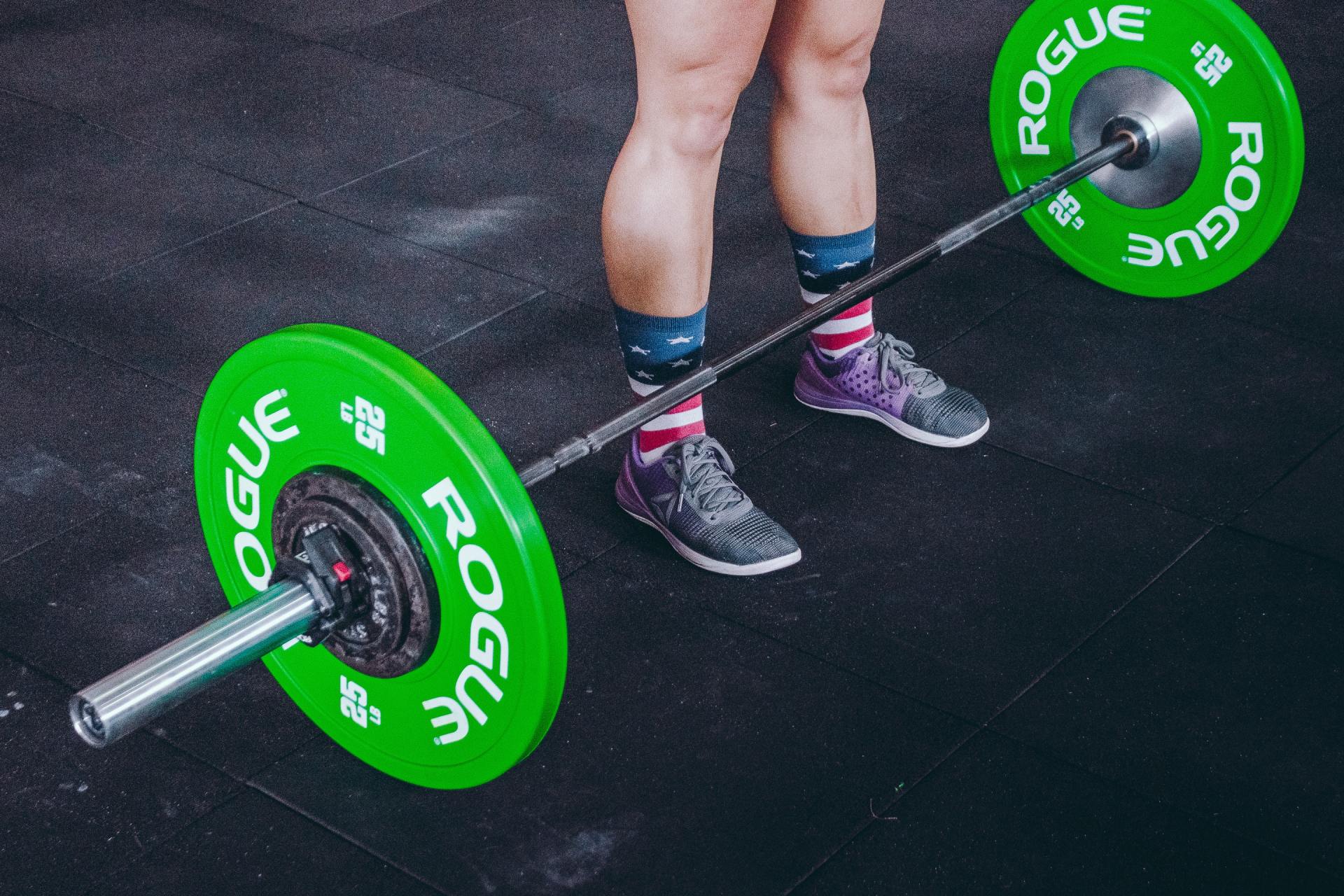
by John I
•
13 March 2020
Your off-season training should be put to good use regardless of what the weather outside is doing. It’s a great way of keeping your body in a holding-pattern before the next season begins. Triathlon training can often be a lonely affair with hours and kilometres spent out on the roads and waterways. S&C can be done privately with a PT, in the local club gym or alone at home but equally it can be a more social chore, done in group sessions at clubs and centres that specialise in everything from meditation to iron-pumping - There’s a way that suits all tastes so find what’s right for you, and get to it! By investing 30-45minutes three times a week it’s even possible to drop an endurance session in order to spend more time in S&C mode and making greater gains all year round. It takes years to build a good triathlete but Strength and Conditioning is often the forgotten discipline, despite it actually being the magic bullet that reduces this timeframe substantially. More muscle means less body fat, greater energy stores and the strength to go faster for longer - it's that simple. Add to that the fact that all these combine to make you more resilient to injury and you're made. Once you find the right combination of muscle density and efficiency, your leg turnover will get faster, strokes more powerful and your spinning quicker….all without much conscious effort. Your body will make serious gains and you’ll feel it within about 2 weeks of beginning. Do yourself a favour, consider it, don’t neglect it, and I promise you a super outcome as a result of the time you put in now. S&C isn’t a winter-only affair. It should form part of your weekly programme all year round. In winter you can work on your weaknesses and make the moves to correct them before sport specific triathlon training begins ramping up early in the new year. In race season you can dial back a bit on S&C but neglect it altogether at your peril!
QUICK LINKS
© 2025
All Rights Reserved | iTriCoaching
